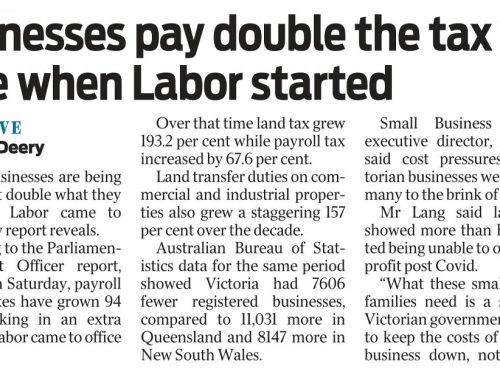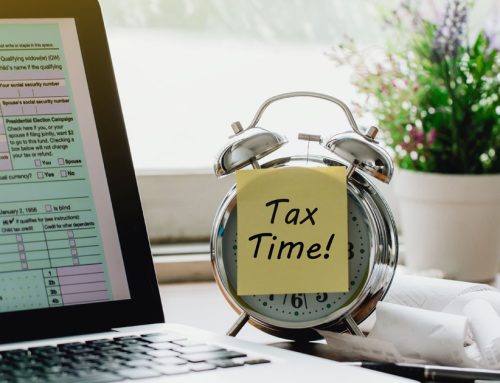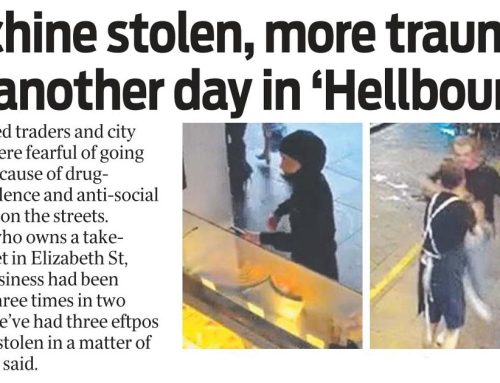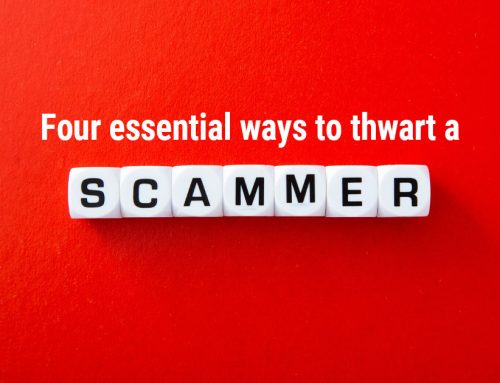SBA Critiques Federal Budget Impact on Small Businesses
Bill Lang, Executive Director of Small Business Australia, shares his critical views on the federal budget’s implications for small businesses, discussing asset write-offs, inflation, and economic policies.
Listen to the radio segment below.
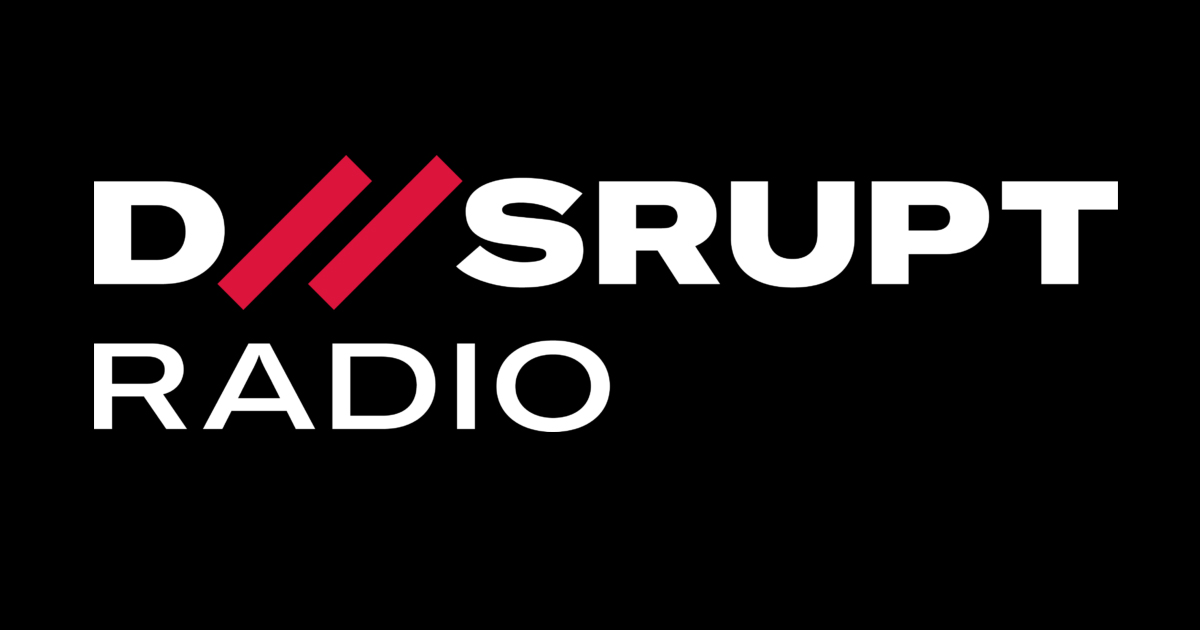
Bill Lang, the Executive Director of Small Business Australia, shared his candid views on the recent federal budget in a radio interview, expressing significant concerns. Initially, Lang acknowledged the budget's positive elements, such as minor electricity bill relief and the instant asset write-off for small businesses. However, he quickly highlighted deeper issues, emphasising that the budget, filled with complex provisions, may not effectively address long-term economic stability. Lang criticised the government's strategy of borrowing and spending more money, suggesting it’s a gamble to reduce inflation.
Lang pointed out the disparity between large corporations and small businesses, stressing that current regulations disproportionately burden small enterprises. He argued for simpler, fairer systems, particularly regarding wage laws. Additionally, Lang questioned the effectiveness of providing financial relief to corporations, advocating instead for direct equity stakes in return for taxpayer money, similar to the UK government's approach during the financial crisis. He concluded that while the budget might provide short-term relief, it falls short in fostering real confidence and equitable growth for small businesses, giving it a mere three out of ten rating. Lang’s insights underscore the need for a balanced, transparent approach to economic policy that genuinely supports small businesses.
Note: The following transcription has been produced by AI, please allow for incorrectly transcribed audio.
00:00
We're so so lucky. Bill Lang, the executive director of small business Australia, has popped into the studio to give us his views on the judge it, I have to say, there is steam coming out of his ears as we speak. Bill, they're not happy.
00:13
Look, Libby, it's it seems very sweet on the surface. Again, you sort of get the headlines and it goes, Okay, great. There's going to be a little bit of electricity bill relief for about a million small business owners, very welcomed a thing called the instant asset write off. So if you're potentially spending money on assets for up to $20,000 you can write it off and save a bit of tax.
00:31
But normally, that has to be depreciated over time, doesn't it? Yeah, so depreciation,
00:35
fancy word for you can only sort of use a bit of it each year for a few years to reduce your tax bill. But look at the end of the day, like Jim is. He's very smooth, the Treasurer, as my kids would say, you know, letting cook like it's just he's got it all under control. But you've really got to look at the ingredients on the side of the package. There's 1000 pages of ingredients here. And as you start digging through it, and our team's working their way through it, there are some things that are quite concerning in terms of the more future outlook.
01:00
Like, what is that like when you look on the side of the packet and you see the ingredients, that's
01:05
right, like you have the sugar, but you sort of say, Geez, there's an issue here with fat content and additives. And at the end of the day, what we really need is confidence being built amongst Australians, that there is a good plan, that they understand it, and they can be comfortable with how they go about living their lives, spending and investing, etc. And when you start digging your way through at the end of the day, we are the government is spending more money, borrowing more money, and is basically rolling the dice and believing that they can bring the inflation rate down. And they're using this listen to the language carefully, classic politicians headline inflation. So there's a formula, and to some degree, they're cooking the books. What they're hoping is, by paying, they're going to pay the electricity companies this money. You're not going to get it, it's going to get paid. Electricity company going to see it on your bill, and a bunch of people are going to get it that don't need it. You know, they've got money, they've got assets, they can afford it, right? A bunch of people do need it's going to be quite helpful for them. But the by, based on the formula, it's going to reduce the headline what the headline inflation rate is, but the real test is what's going to happen to the actual cost of products and services. And we've got the Reserve Bank, it's an independent body, basically only a couple of weeks saying, you know, we may well have to increase rates. We're still in a very precarious and the and Jim Chalmers and the Prime Minister very confident inflation, the headline inflation rate is going to be down. So it's a big role the dice from that perspective.
02:24
Okay, so remembering that this is, I am not an expert in this area. However, I've spoken to some people over time that have given me different perspectives, particularly in this role. For instance, Greg Jericho from the Australian Institute would argue that inflation has been overtly caused in this country by corporate greed and the need for profits over stakeholders welfare. So when I say stakeholders welfare, stakeholders welfare, might be for the profit over the community that the balance is out of whack. So to imply that inflation could be caused by giving cost of living relief at this base level by, say, reducing power bills for everybody is maybe a mischief. Look, I think blaming the wrong person.
03:07
Greg makes some very good points, particularly, what we want forget about this free markets buzzword that one group carry on about. You let free markets go and you have people like Facebook and meta and others dominating industries. What we want are competitive markets. We want a level playing field. And you look across a number of Australian industries, the jargon the economists call us oligopolies. That means there's, you know, how many people, if there's two people, it's a duopoly. One person, it's a monopoly. And if there's, you know, three or four, the carve up 60 or 70% of the markets. Amazing how their products look pretty similar, and the pricing looks pretty similar, and to the degree they can, they screw the small businesses that supply them, and yet, small businesses have to deal with the same regulations, all these employment laws, and it's not a dedicated HR person. You know, you're involved in a startup business. You know how thin and lean and mean it is, but you've still got all the same laws, which is a significant challenge for a lot of business operators, but I'd like to really go, don't let me so.
04:03
So I'm just, I'm trying to keep up with you. So you're saying that, that the rule for the goose is not good for the gander, that in actual fact, some of these rules and regulations for small businesses, for people who are trying to carve their own path, should be different to those in those big organisations like a Woolworths or a Bunnings or a Coles.
04:20
Look 100% so if you take they call wage theft, right, which, in many cases, wage theft. It's so complicated, even the big companies can't get it right, right? So that's the first thing. Second thing is, we need a simple system, one award rate for no matter what industry you're in, if you're working in a smaller business, if things are simpler and they're fairer, they're going to be better. And the reality is, for small business people, that's not the case. But look, I think for everyone that's out there with a business now, at the end of the day, the conditions are the conditions the budget's the latest weather forecast. We'll see what the weather actually is, but you've got to be thinking about now, well, how do I set the sail, in terms of sailing my boat, my business, where I want to go? And so. Think about the impact on your competitors, your customers, and what can you do to adjust your settings?
05:05
That's interesting. Think about the impact this is going to have on your competitors, and think about the impact that this is going to have on your customers. And then how do you pivot horrible word to use within that?
05:16
Yeah, well, look, I, you know, we don't use that P word, like the five words. It's like that five letter word starting with C. Used to be covid, and now it's crisis. Everywhere you look, okay, like the business owners are out there. They're sailing the boat. Conditions are pretty tough, but, but the reality is, if you look at the cut, you know, what? Who are my customers? What are they? What do I sell? What do they spend money on? Okay, less people are going out and going to the pub and buying X, Y and Z, you know. So there's a reduction in expenditure on that amongst some people, other people that have got plenty of money and plenty of assets, they're still out there spending. So you might adjust. Up in Smith Street in Fitzroy, where we have our offices, a bunch of the hospitality businesses are not open Monday and Tuesday, right? There's just not enough demand. And so that's the question you ask yourself. What's going to be the impact on my demand, on my cost? That's why it's not about the headline rate of inflation and the bet the treasurer is making. What's it actually going to be? What are people costing me? What's it costing to comply with the octopus of regulations?
06:10
So in terms of a business, if you think of Australia as a business, don't you in a business, sometimes have to spend money and take a risk in order to grow?
06:18
Yeah. Look, and this is one of the challenges talk about spending money is investing money, thinking about the risk and return. And what we never see in the budget is very clearly, okay, where are we investing and where's the return? Why do these big mining companies and these billionaires need tax money from us like they're getting given all these free kicks to go and to build the made in Australia, green world that they're talking about? Can't our superannuation funds be doing that investment? Why do all the taxpayers have to bear the burden? And if we're going to be providing incentives, why don't we take some equity, right? If this is a whole risky thing, and this is the future, and well, let's have some equity in it, rather than here's some free money, here's a free kick again for the billionaires and the big businesses. It isn't fair. Libby, so how do we get the equity? Oh, it's a very straightforward. I'll give you an example. So back when we had the great, you know, the so called great financial crisis, yeah, in the UK, when the banks were bailed out the the the UK Government took shares in return for propping them up, and then sold the shares a few years later and made a profit. Now, under our last federal government, Qantas had their hand. They got $6 billion during covid for free. You would have thought the shareholders of Qantas can look after themselves, or if we're going to give them some money, can we have some shares in Qantas?
07:30
Right? Interesting handouts.
07:32
We call it an economics the rent seekers. And there's a bunch of them in Canberra last night. It's they talk about the made in Australia budget. It's a made in Canberra. They're all up there at the black tie dinner after Jim, you know, was cooking with his speech. Fantastic for those guys, but they're the insiders. They're the rent seekers up there, you know, getting what they can out of the trough.
07:51
Oh, Bill, you're gonna have to come in again. Great to see you. Libby, it's really good to get an insight from your perspective. Bill Lang, executive director of the Small Business Australia, of small business Australia, his discussion about the budget and small businesses out of 10, oh, we give it three out of 10. Three to Jim. Jimflation snake charmer.

